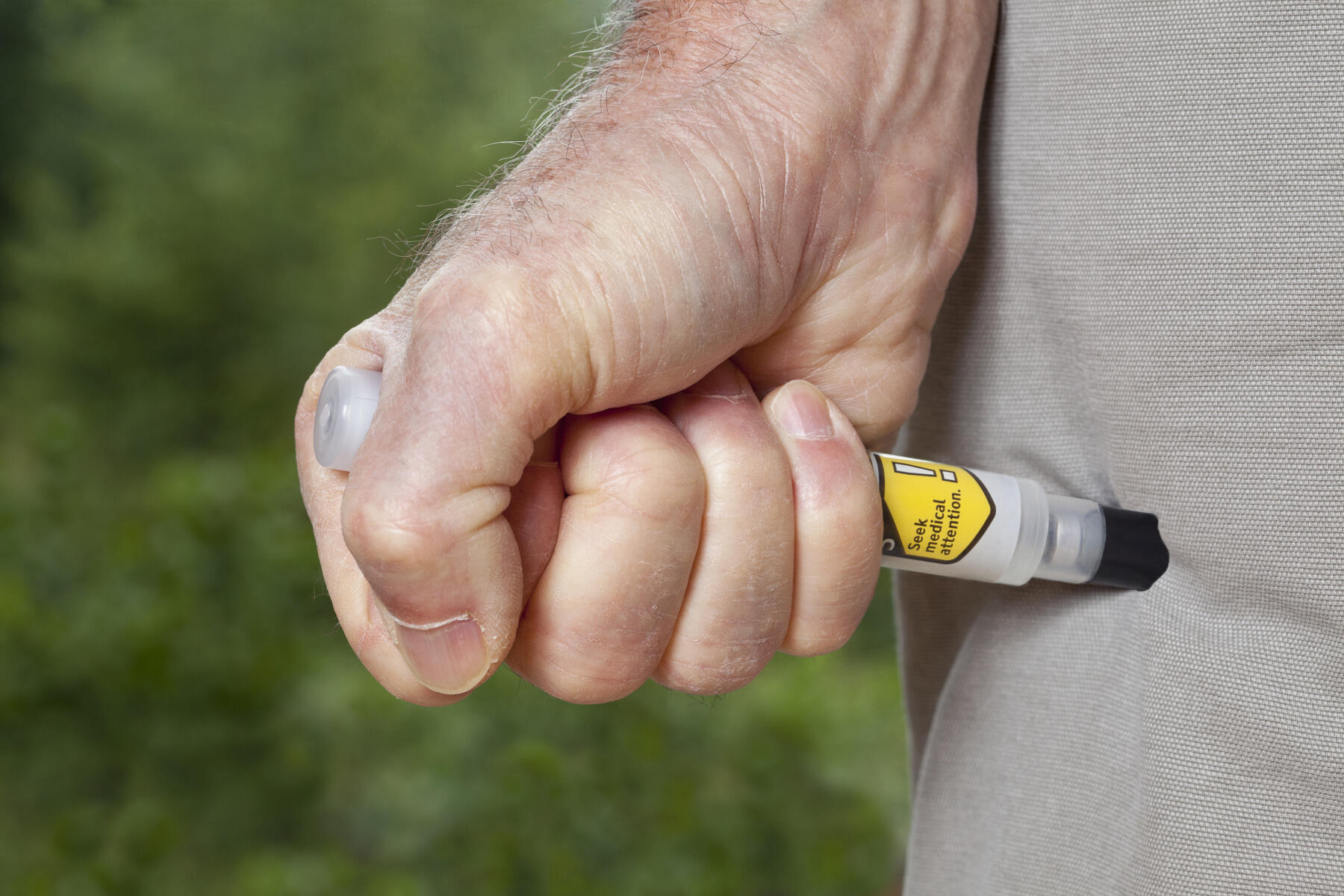Aug. 25, 2016
VCU Health pediatric allergist addresses EpiPen controversy
Share this story

Members of Congress are calling for an investigation into the EpiPen maker Mylan. The pharmaceutical company has increased the price of EpiPens, from about $100 in 2008 to more than $500 today.
EpiPens are prescription-only devices that deliver a rapid shot of epinephrine, a medication used to counteract severe allergic reactions. They have a stated expiration date of one year, so patients must refill them annually. With the start of back-to-school season, parents around the country who are restocking their supply of the devices noticed the significant price increase, spurring the recent headlines.
As home to the only Level I pediatric trauma center in Virginia, VCU Health is committed to serving as a reliable source of information for those who want to learn more about this controversy. Santhosh Kumar, M.D., assistant professor of pediatrics in the Division of Allergy and Immunology at the Children’s Hospital of Richmond at VCU, recently answered questions about EpiPens for VCU News.
What are EpiPens and why are they used?
An EpiPen is a device that is used to administer a life-saving drug called epinephrine during severe allergic reactions. They have been around for many years and are commonly prescribed to patients who have life-threatening or severe allergic reactions.
The EpiPen is used either by the patient themselves or by someone familiar with its use. Upon injecting the EpiPen for a reaction, the progression of the allergic reaction is halted with some improvement in symptoms. All patients are advised to seek medical attention after using an EpiPen, as their reaction might be only temporarily halted due to the EpiPen use. You can think of an EpiPen as an emergency drug that buys you time until you can seek medical attention.

Can you explain the reason behind the recent controversy over the drug’s price?
The controversy over the EpiPen price is due to a significant increase in price for the relatively cheap medication. The cost of the epinephrine itself is miniscule, so what is being charged for is the device in which the medication is housed. There is virtually no competition for the EpiPen and the demand for the drug has significantly increased since its competitor, Auvi-Q, was pulled from the market in 2015. The only other device competing with EpiPens is the generic epinephrine injector called Adrenaclick, which does not have the same high-quality design compared to the EpiPen.
The drastic increase in price puts families and patients in a dilemma about paying out-of-pocket to have the EpiPen on hand. I am disappointed with Mylan, which is clearly taking advantage of the demand for the life-saving drug. It is also frustrating that the increase in price has not come with much reasoning from the company’s end. Additionally, having a high deductible insurance plan does not help as patients have to pay most of the drugs’ costs out of pocket until they meet their deductible. I hope the people who run Mylan understand how their choices are affecting the lives of millions of people suffering from severe allergies.
Subscribe to VCU News
Subscribe to VCU News at newsletter.vcu.edu and receive a selection of stories, videos, photos, news clips and event listings in your inbox.










